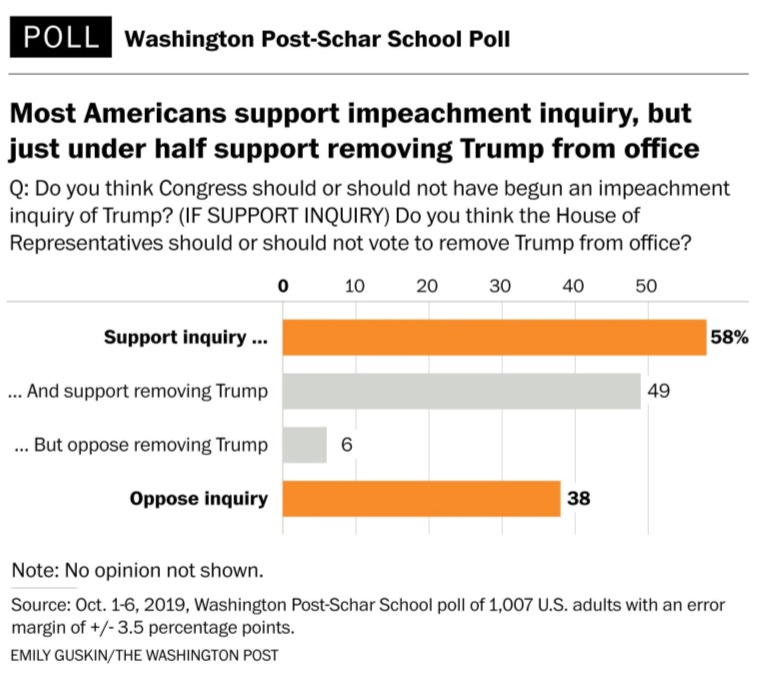Sunday in Whitewater will be cloudy with a high of forty-four. Sunrise is 7:06 AM and sunset 6:15 PM, for 11h 08m 40s of daytime. The moon is full with 99.9% of its visible disk illuminated.
On this day in 1775, a resolution of the Continental Congress creates a Continental Navy.
Recommended for reading in full:
Mayor of Minneapolis Jacob Frey writes We saw Trump stiffing cities for his other rallies, so we told him to pay up:
So late last month when President Trump announced that he would hold a campaign rally in Minneapolis, where I’m the mayor, I had two questions about resources. First, how much extra work would city employees need to do? Second, how could the city secure reimbursement for those excess costs on behalf of the city’s taxpayers.
The venue the campaign chose, Target Center, is publicly owned but privately operated. Under the terms of the city’s contract with the operator, Minneapolis is entitled to reimbursement for certain costs. In our view, those include excess costs for public safety and traffic control, among other services. Had the venue been privately owned, we wouldn’t have had as much leverage to recoup costs.
As mayor, I have a responsibility to protect free speech, even from a president whose rhetoric and policies I find reprehensible. However, it is not my responsibility to subsidize it.
Using the same methodology that city staff relied on to calculate costs for other recent, large-scale events in Minneapolis such as the Super Bowl ($6 million) and the NCAA Men’s Final Four ($1.5 million), the projected bill for Trump’s campaign stop came out to $530,000.
It’s no secret that the president’s rallies pose real security concerns, and this event coincided with rush hour. Both factors contributed to that figure, which was higher than might have been incurred for an event with fewer security worries at a time of day without so much traffic. We informed the booking agent of the expected cost and requested payment.
Michael S. Schmidt, Ben Protess, Kenneth P. Vogel, and William K. Rashbaum report Giuliani Is Said to Be Under Investigation for Ukraine Work:
WASHINGTON — Federal prosecutors in Manhattan are investigating whether President Trump’s personal lawyer Rudolph W. Giuliani broke lobbying laws in his dealings in Ukraine, according to two people familiar with the inquiry.
The investigators are examining Mr. Giuliani’s efforts to undermine the American ambassador to Ukraine, Marie L. Yovanovitch, one of the people said. She was recalled in the spring as part of Mr. Trump’s broader campaign to pressure Ukraine into helping his political prospects.
The investigation into Mr. Giuliani is tied to the case against two of his associates who were arrested this week on campaign finance-related charges, the people familiar with the inquiry said. The associates were charged with funneling illegal contributions to a congressman whose help they sought in removing Ms. Yovanovitch.
This Is the Only Coffee Grown in the Continental United States:



